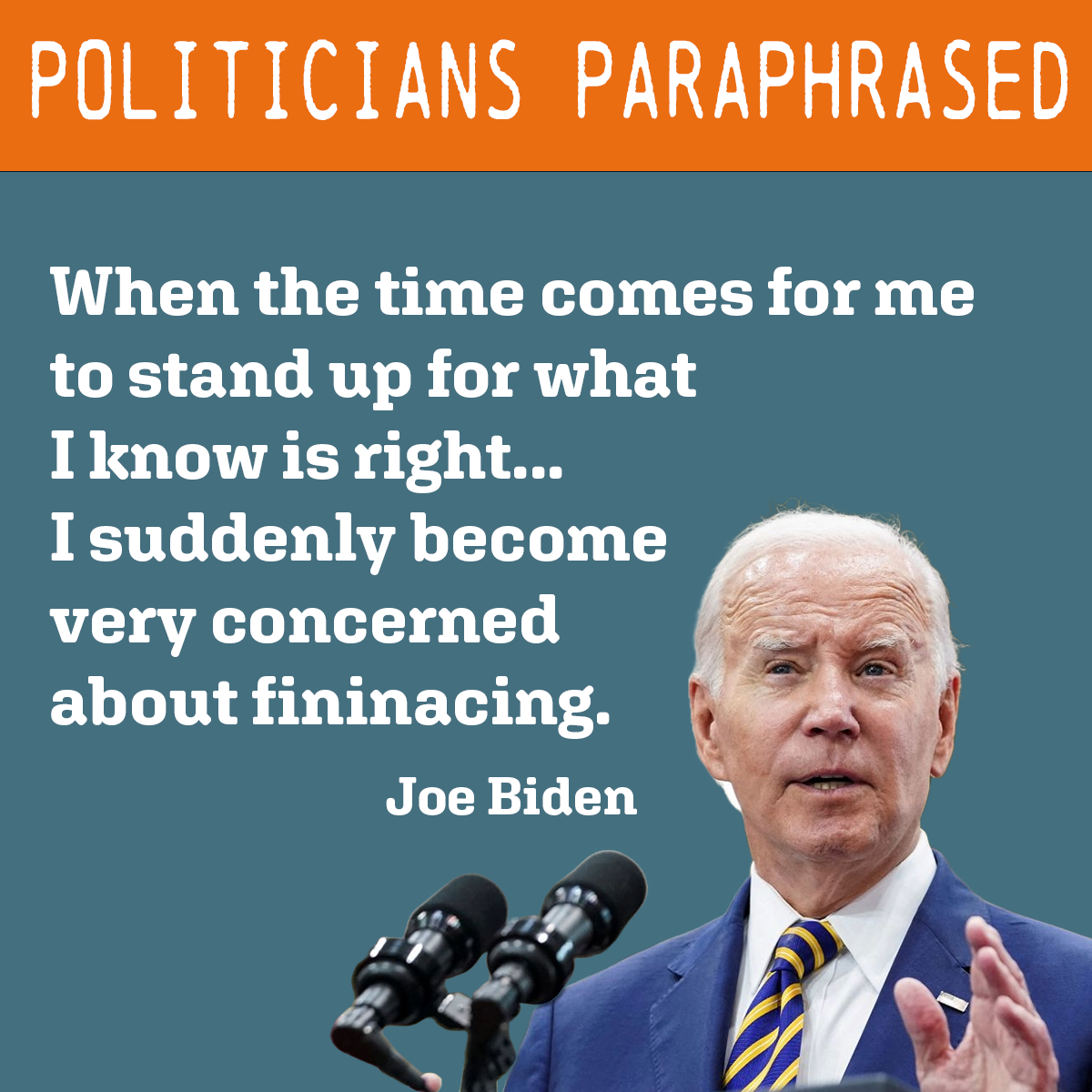
Anyone who has asked their legislator to support a piece of legislation has experienced "the art of the dodge": you walk out knowing they didn’t agree with you, but you’re not sure if they disagree with you, or whether you’ve learned anything about their position on the issue! It is one of the first skill-sets elected officials learn: evading and avoiding constituents who they don't want to say "yes" to, but whom they don't want to alienate if possible.
Below we've identified the most common forms of evasion you'll encounter when asking your elected official to support Medicare for All (or any other issue), and our recommendation for how to hold them accountable to their constituents!
1. Legislator Won't Meet With or Reply to Constituents

The Challenge
One common (and to us the most cowardly) form of evasion used by elected officials is to refuse to meet with their constituents at all, ignoring emails and voicemails on an issue.
The Solution
- Grow the size of your group: if you've been trying to get a meeting with your legislator on your own or with one other person, come back with 5 or 10 people, or a petition with signers.
- Bring in the big guns: are there individuals or organizations with influence in your district who support your cause? Try bringing in union presidents, civic leaders, party committee chairs, etc.
- Bird-dog your elected: when all else fails, you can show up unannounced at an event your elected is appearing at/speaking at, and confront them publicly about Medicare for All - and capture it on camera. See our Complete Guide to Bird-Dogging!
2. Legislator Attempts to Gaslight Constituents
The Challenge
"Gaslighting" is a manipulative tactic where a legislator uses their position of authority to try and convince you that your experiences or your perception of reality aren't valid. This might look like:
- Denying the existence of a healthcare crisis, minimizing the struggles faced by individuals and communities, or downplaying the need for comprehensive healthcare reform
- Condescendingly dismissing your understanding of how politics works or what is politically possible
- Trying to convince you that you're hurting your own cause by engaging in public organizing tactics
The Solution
You can prepare for gaslighting attempts prior to meeting with an elected official:
- Always bring one or more constituents with a powerful personal healthcare story: starting your meeting off with personal testimony is much harder (although not impossible) for legislators to dismiss. See our Resources page for Telling Your Healthcare Story!
- Prepare a packet of materials: come armed with a packet of well-researched facts to counter any attempts to dismiss the (factual) reality of the healthcare crisis or the urgency of comprehensive reform.

3. Legislator Claims M4A Isn't Politically Feasible

The Challenge
Some legislators will tell you M4A has no chance of passing through the current Congress (or state legislature), and so they are "focusing" on other healthcare reforms they believe are more winnable. Variations on this form of evasion: electeds claiming they only want to work on bi-partisan legislation, or claiming they don't hear from their constituents enough about M4A.
The Solution
Feasibility arguments are often used by legislators to avoid the question of whether they, themselves, support M4A - it is a classic form of evasion. Your primary response should be to press them on whether they do or don't support M4A (regardless of how close we are to winning). Some additional tips:
- Remind your legislator that their reluctance to publicly support M4A is one of the reason's we don't have enough votes to win at the moment. If we ever hope to achieve political feasibility for M4A, we will need their support and leadership.
- Your legislator can support M4A and work on more winnable short-term reforms or bi-partisan reforms - the notion that they can only "focus" on one or the other is nonsensical.
- If your legislator specifically says they haven't heard enough calls for M4A from their constituents, they have just given you an invitation to do additional organizing in the district. Tell them that you will be running an outreach campaign asking constituents to call them about M4A (using crowd canvassing, door knocking, or online actions) - make sure to follow-through on your promise!
4. Legislator Doesn't Disagree, but Won't Co-Sponsor M4A Bill
The Challenge
Some electeds will tell you they support M4A, and some will even say they'd vote "yes" if it came up for a vote, but that they won't co-sponsor the bill or publicly advocate for it. Some use the excuse above, that it isn't politically feasible or their current priority. Others claim it's because they hold a leadership position, or sit on a committee that will review the bill.
The Solution
This type of excuse is exactly the subject of MLK Jr.'s famous "Letter from Birmingham Jail":
I have almost reached the regrettable conclusion that the Negro’s great stumbling block in his stride toward freedom is not the White Citizen’s Counciler or the Ku Klux Klanner, but the white moderate... who constantly says: “I agree with you in the goal you seek, but I cannot agree with your methods of direct action”; who paternalistically believes he can set the timetable for another man’s freedom; who lives by a mythical concept of time and who constantly advises the Negro to wait for a “more convenient season.”
This form of evasion feels the most disingenuous, because our legislator claims to support a goal that they are complicit in preventing from ever happening. However, a legislator who says they support M4A in principle is much easier to turn into an active supporter than one who disagrees with M4A in principle - they are leaving open the door to public support for M4A in the future, which is a good thing!
- Legislators in this category are the best candidates for applying increased grassroots pressure from their constituents. They have told you they're on board with the policy, but they need to feel the urgency from their constituents to prioritize fighting for it. Your primary response here should be to generate phone calls, collect petition signatures, pass municipal resolutions, and apply increasing grassroots pressure.

5. Legislator Nit-Picks Provisions of the Bill

The Challenge
Some legislators will zero in on particular aspects of legislation as reasons for not supporting it. Although some legislators will use nit-picking as a tactic to avoid supporting an issue, some may have legitimate concerns. If your elected official is engaging with you on the substance of the bill, this is usually a good sign! Here is our recommendation for how to handle such situations:
The Solution
- Ask for their support in principle: your first step is to ask if your legislator would support Medicare for All, if it weren't for the particular provisions they have issues with. If they won't answer this question, they're likely using nit-picking as a form of evasion. But if they do support M4A in principle:
- Give them the benefit of the doubt: if substantive issues with the bill are their only objection, take your legislator's concerns at face value to start with. Work with them to see if their concerns are unfounded, or if they've ID'd a legitimate problem with the legislation you can work on fixing with the bill's lead sponsors - make sure you have a follow-up plan with their office to go over each issue & reach a resolution.
- Organize, organize, organize: if your elected official won't answer whether they support M4A in principal, or if they refuse to engage with you on the issues they've cited as concerns, don't worry about winning an argument - worry about mobilizing more constituents in the district and applying more pressure on the legislator!
